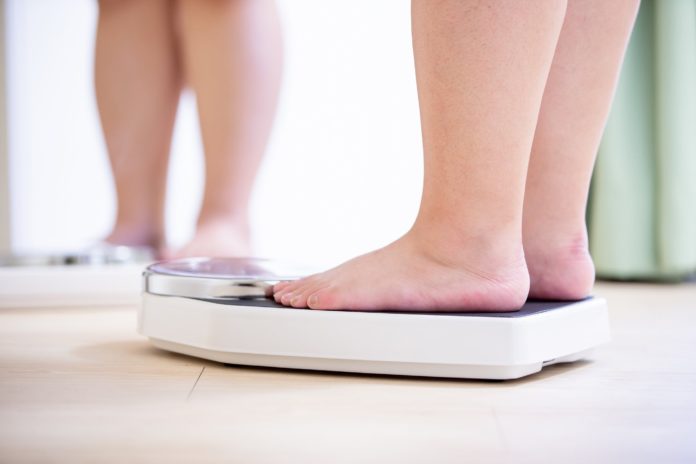Losing weight can feel like a big challenge, but it doesn’t have to be a struggle. The key to success is focusing on safe, sustainable weight loss methods that you can stick with long-term. Quick fixes or extreme diets might give you fast results, but they often lead to weight gain later on. In this blog post, we’ll share six tips that will help you lose weight safely and keep it off for good.
1. Focus on Balanced Nutrition
One of the most important parts of any weight loss journey is eating the right foods. Instead of cutting out entire food groups or following extreme diets, aim to eat a variety of foods that nourish your body. This includes fruits, vegetables, lean proteins, whole grains, and healthy fats. A balanced diet provides your body with all the nutrients it needs to function well while helping you lose weight.
Why it works: When you focus on balanced nutrition, you are less likely to feel deprived. This makes it easier to stick to healthy eating habits over time.
Tip: Start by filling half your plate with vegetables and fruits. Add a serving of lean protein (like chicken or beans) and a small portion of healthy carbs (like quinoa or sweet potatoes).
2. Exercise Regularly

Regular physical activity is essential for safe, sustainable weight loss. Exercise helps burn calories, build muscle, and improve your overall health. You don’t need to spend hours at the gym—simple activities like walking, swimming, or cycling can be very effective.
Why it works: Exercise boosts your metabolism, making it easier to burn calories throughout the day. It also helps preserve lean muscle mass, which is important for maintaining your weight in the long run.
Tip: Aim for at least 150 minutes of moderate exercise per week. This could be spread out over the week with 30-minute sessions, five days a week.
3. Set Realistic Goals
Setting goals that are too ambitious can be discouraging. Instead of aiming for drastic weight loss in a short period, set realistic and achievable goals. A healthy rate of weight loss is about 1 to 2 pounds per week.
Why it works: Gradual weight loss is easier to maintain and is healthier for your body. It also gives you time to build lasting habits that support your overall health.
Tip: Break your long-term goal into smaller milestones. For example, aim to lose 5 pounds in the next month. Celebrate each milestone to stay motivated.
4. Get Enough Sleep
Sleep is often overlooked when it comes to weight loss, but it plays a crucial role. When you don’t get enough rest, your body’s hunger hormones can get out of balance, leading to increased cravings and overeating. Lack of sleep can also lower your metabolism, making it harder to burn calories.
Why it works: Getting enough sleep allows your body to recover, keeps your hormones balanced, and helps you make healthier food choices.
Tip: Aim for 7 to 9 hours of sleep each night. Create a relaxing bedtime routine to help you fall asleep more easily, like reading a book or practicing deep breathing.
5. Stay Hydrated

Drinking enough water is important for your overall health, and it can also support weight loss. Sometimes, our bodies confuse thirst with hunger, leading us to eat when we’re actually just dehydrated. Drinking water can help you feel full and prevent unnecessary snacking.
Why it works: Water helps with digestion and can increase your metabolism, helping you burn more calories. Staying hydrated also supports muscle function, which is important during exercise.
Tip: Drink water throughout the day, especially before meals. Aim for at least 8 glasses of water daily. If plain water feels boring, try adding a slice of lemon or cucumber for a refreshing twist.
6. Be Patient and Consistent
Finally, remember that sustainable weight loss takes time. Don’t expect to see dramatic changes overnight. Instead, focus on making small, consistent changes that you can stick to for the long term. Progress may be slow at times, but consistency is the key to success.
Why it works: When you are patient and consistent, you give your body the time it needs to adjust. This leads to lasting weight loss that doesn’t come back after a few weeks.
Tip: Track your progress, but don’t obsess over the scale. Use other methods of tracking your success, such as taking progress photos, measuring your body, or noting how you feel physically and emotionally.
Final Thoughts
Safe and sustainable weight loss is about making healthy choices that you can maintain long-term. By focusing on balanced nutrition, regular exercise, setting realistic goals, getting enough sleep, staying hydrated, and being patient, you can achieve your weight loss goals without compromising your health.
Remember, weight loss isn’t just about shedding pounds—it’s about creating healthy habits that last. Start small, stay consistent, and celebrate your progress along the way. With time, you’ll reach your goals and feel better than ever.



